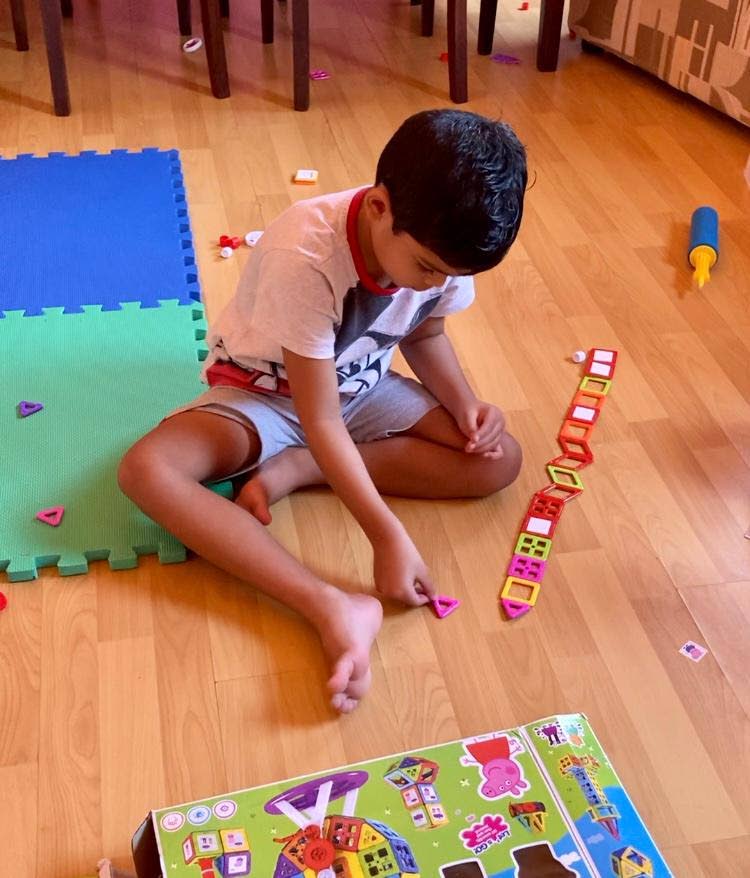System is failing people with disabilities

DR RADICA MAHASE
Judith Huemann, American disability rights activist, once said, “If I have to feel thankful about an accessible bathroom, when am I ever gonna be equal in the community?”
The general attitude towards people with disabilities in Trinidad and Tobago – both visible and hidden – is one of bare tolerance and basic appeasement rather that any real attempt at inclusion.
Sadly, the people in positions of authority, especially those in government, will not agree with this, because they are unaware of the challenges experienced at the lower levels. Thus hardly any efforts are made to change the existing system so that people with disabilities are treated as first-class citizens.
In the case of developmental disabilities, such as autism, the entire system, from diagnosis to adulthood, is one that continues to fail in our country. First there is the first major obstacle – getting a child diagnosed.
The simple process of getting an appointment with a development paediatrician in a government health institution can stretch anywhere between five and 18 months. Many parents complain of waiting months for an appointment only to be attended to by interns who cannot diagnose the child, some of whom insist “nothing is wrong with the child” even when they come across two- and three-year-olds who are not saying words. Imagine, in our society parents consider themselves lucky when they get an appointment and feel like their "prayers have been answered” because they were able to access a service that should be accessible in the first place.
Next is the support given to parents once the child is diagnosed – rather, the lack of support after the diagnosis. The standard procedure is to recommend various forms of therapies and immediately after the diagnosis, many parents frantically try to access these various forms of therapy. Parents panic because there is no guidance after the diagnosis, and many use up their savings paying as much as $6,000 for one assessment.
There is a deep gap regarding advice and assistance as well as counselling services to help parents deal with the diagnosis and to guide them forward.

Photo Courtesy - Dean Matthew Cruz - Photo Courtesy - Dean Matthew Cruz
For those parents who are from lower-income groups, those who are struggling financially and who need government assistance, accessing social welfare is another major hurdle to cross.
The existing structure, with the means test, makes it difficult for many parents to get the additional financial help they need for their children to access education and therapy.
Then there is the actual stress of running around just trying to complete the application process, a process that is both tedious and lengthy. For example, the system says the diagnosis must come from specific doctors within the public health care system, which is fair enough, but then the system sticks when, as mentioned above, it can take anywhere from five to 18 months to actually get an appointment with one of those doctors.
So here is a clear situation where the shortcomings in one sector have a serious impact on the assistance that the child could get from another sector.
This is also seen with education, where the child is unable to access any extra assistance unless a formal diagnosis from specified doctors within the public health care system. Parents cannot apply for teacher’s aides or special exam concessions without diagnosis and various forms of assessments.
In many cases these assessments are either not available or there is a long waiting period in the Ministry of Education, and very expensive (from $3,000-$7,000) from external therapists who are recommended by the ministry.
The inefficient and poorly structured system means that the child is not given the intervention needed to develop to his/her full potential; the child gets lost in the school system and becomes a statistic – a low achiever or dropout.
In many cases parents are forced to keep the child at home with barely any access to opportunities for development. The shortcomings in the system are a result of, as well as, it is aided by the "doh care" attitude of the government.
There continue to be little or no attempts to implement a more efficient system to help the special needs/disability population. This is evident fromthe general lack of consultation with NGOs and the paucity of funding to support projects for them.
Government fails to realise that no number of laws will make a difference unless those laws are effectively implemented. Until then, the system will continue to fail people with disabilities in TT.
According to Independent Senator Paul Richards, “We really have to get past the idea that (by) providing for families, or children with disabilities or children with special needs, we’re doing somebody a favour. We are not, it is their right; it is their right as a citizen of TT and we need to be reminded of that.”
Radica Mahase is the founder/director of Support Autism T&T


Comments
"System is failing people with disabilities"